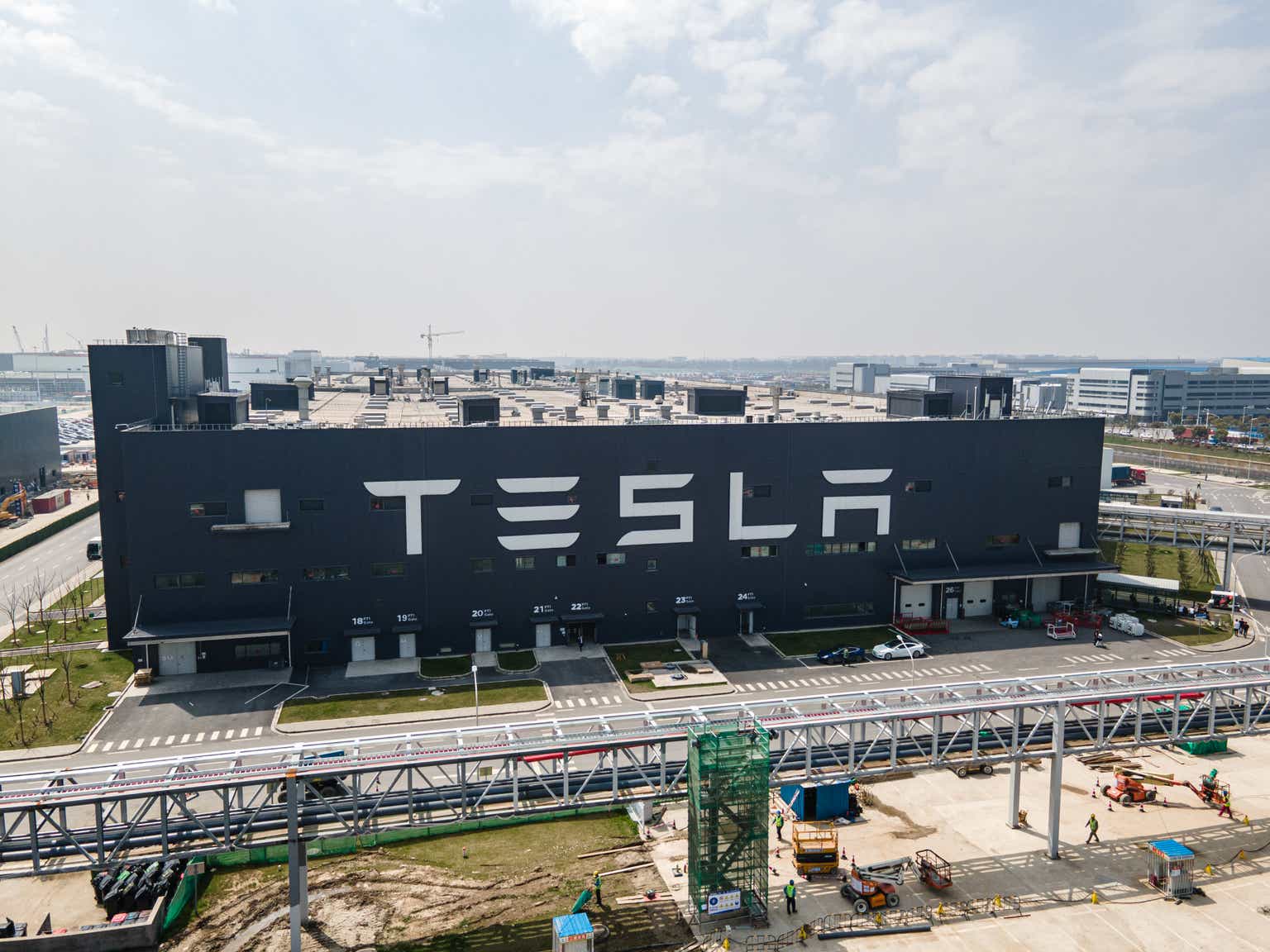
Title: Tesla’s Q4 Earnings Report Confirms Falling Profit Margins and Overvaluation Concerns
Introduction:
Tesla, Inc. (NASDAQ:TSLA), a leading electric vehicle (EV) maker, recently released its Q4 earnings report which confirmed the company’s struggle with falling profit margins and high valuations. Despite being a popular investment choice, Tesla’s financial performance raises concerns about its sustainability in the long run. This article analyzes Tesla’s earnings report, its fundamentals, and its valuation, while also comparing it to the success story of Amazon to provide a comprehensive view of the stock’s prospects.
Analysis:
In a previous article, it was highlighted that Tesla’s sales, auto deliveries, and profit margins were not at their best, while the stock remained overvalued. The most recent Q4 earnings report further confirms these concerns, indicating that Tesla’s financial challenges persist.
While Tesla is the industry leader in EV production and operates in a high-growth sector, there are significant risks associated with its profitability. Despite earning a positive net profit in 2020, Tesla’s profit margins have been declining consistently. The adjusted EBITDA and operating non-GAAP margins in both quarterly and annual results indicate the company’s struggle to maintain profitability amidst increasing competition and pricing pressures.
Although Tesla’s debt and liquidity position are strong, with net debt remaining negative and improving liquidity, the company’s performance metrics raise doubts about its ability to sustain such high valuations. Tesla’s valuation ratios, such as the P/E ratio and forward price/cash flow ratio, are significantly higher than the sector averages, indicating overvaluation concerns.
Comparison with Amazon:
While some market participants draw parallels between Tesla and the success story of Amazon, caution is necessary. Unlike many high-tech companies during the dot-com crisis, Amazon managed to turn into an e-commerce leader and a highly valued corporation. However, Tesla’s profitability challenges, declining profit margins, and strong competition make it unlikely that the company will replicate Amazon’s long-term success and high valuations.
Conclusion:
Tesla’s Q4 earnings report confirms the company’s struggle with falling profit margins, raising concerns about its long-term sustainability. Despite its strong debt and liquidity position, overvaluation concerns persist. While Tesla’s innovations in artificial intelligence, self-driving cars, and products like the Cybertruck offer potential upside, the market has already priced in these expectations. Investors should approach Tesla with caution and not assume it will follow in the footsteps of Amazon’s exceptional success.


